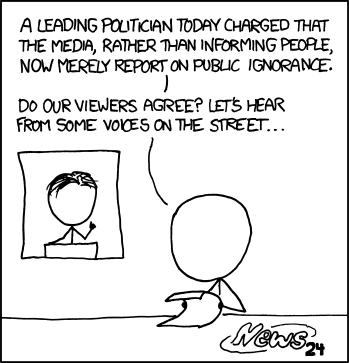Ed Stein's comments:
The New York Times noted that in the four months the Supreme Court has debated overturning the Chicago gun ban, 10,000 Americans have died as a result of gun violence. In another bold foray into judicial activism, the Roberts Five has imposed its preferences on the Constitution, blithely ignoring half of the Second Amendment. The full amendment reads, “A well-regulated militia, being necessary to the security of a free state, the right of the people to keep and bear arms shall not be infringed.” How does an unaffiliated bunch of armed citizens, packing whatever weaponry they can get their hands on, constitute a well-regulated militia? Well, never mind, the originalists on the Court have decided to ignore the original text in this case and apply only the second half of the amendment, concocting an individual right where none clearly and plainly exists.
I’ll be the first to admit that localized gun control laws don’t work particularly well, mainly because it’s far to easy, say in Chicago, to leave the city and purchase an arsenal elsewhere. The NRA, along with its allies in Congress and in local governments, has been spectacularly effective in preventing a rational system of gun control to take root in this country, and the result is a nation awash in gun violence. Worse, as the available weaponry becomes more and more sophisticated and lethal, police are losing the arms race to criminals, who find it far too easy to acquire whatever they want.
None of this seems to matter to this court, which has an agenda and will find a way to bend the meaning of the Constitution to suit its liking. Let’s see, it’s taken me about four hours to draw this cartoon and write this blog. That means about fourteen people died from gunshot wounds while I was sitting at my desk. What a country!
I'll just point out that, even in the rare cases where the Roberts Court does something right, the decision is usually 5-4. In recent decades, the GOP has packed the Supreme Court with four members who are just completely batshit crazy. The swing vote, Anthony Kennedy, is a right-wing conservative appointed by Ronald Reagan, and he's all too ready to listen to the far-right fanatics. Unlike them, he doesn't seem to be a complete lunatic, but he doesn't stand against them very often.
This is how close we are to losing America. This court has already overturned precedent and decided that multinational corporations are just like people. Even freedom of speech has limits, but apparently not gun ownership. And we're just that close to losing freedom of religion and the separation of church and state. Yes, that close to putting the Christian Taliban in power in America.
This is an activist court to end all activist courts. Forget the right-wing propaganda. This court thinks nothing of overturning Congressional laws and even overturning its own long-standing precedent. And all they'd need is just one more loony. Get the Republicans back in power to appoint just one more right-wing fanatic and it's all over - for a generation, at least. It's that close.
And now that multinational corporations can spend all they want to elect their own president, the odds aren't good. They've already got Fox "News" pushing far-right propaganda day and night. And the entire Republican Party is determined to slow or stop this economic recovery, no matter how badly that will harm America, just to get back into power again. (Hmm,... isn't that treason, to deliberately harm your own country?)
You think George W. Bush was bad? Just wait until you see the lunatic they'll nominate next time.
























